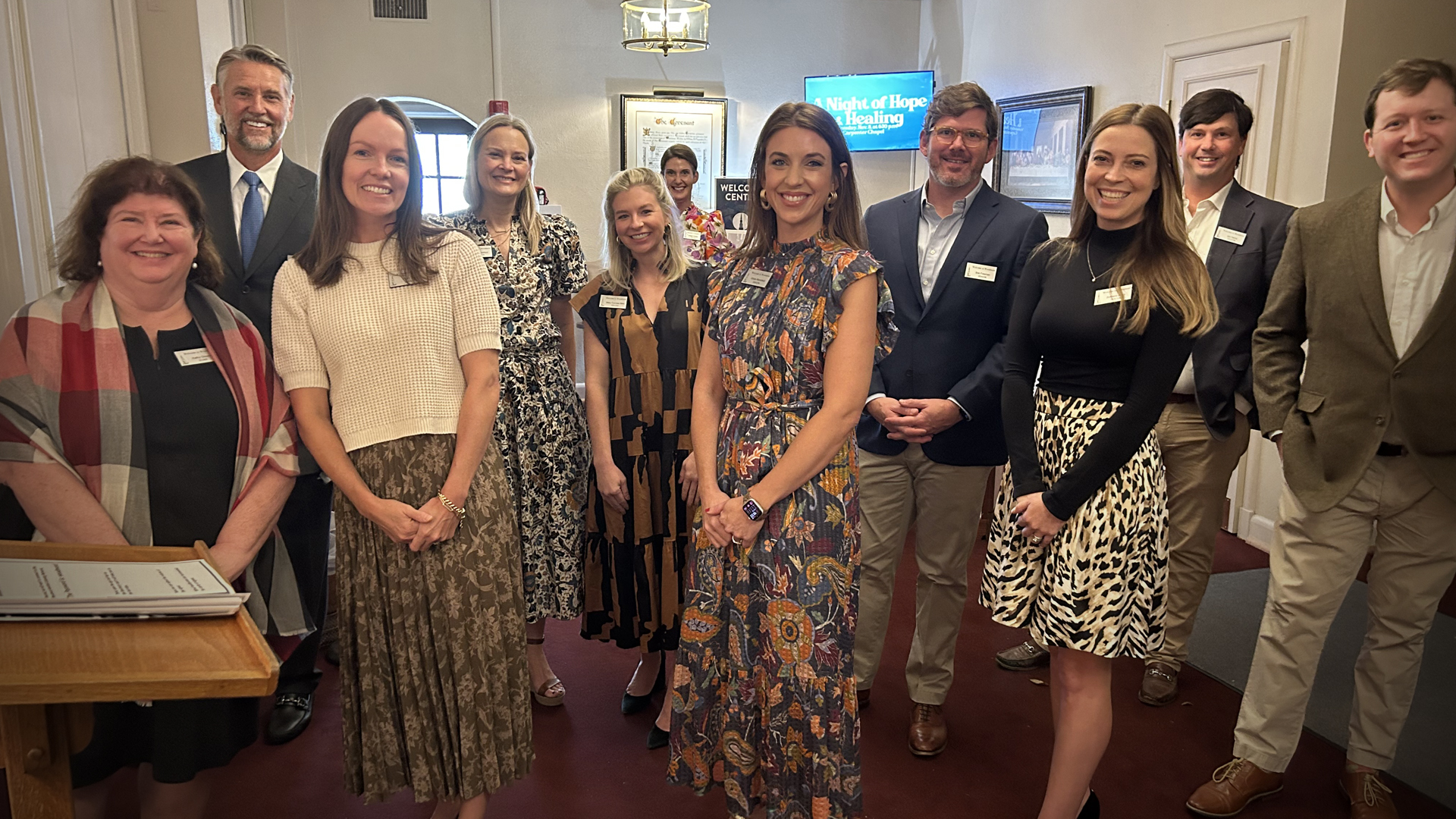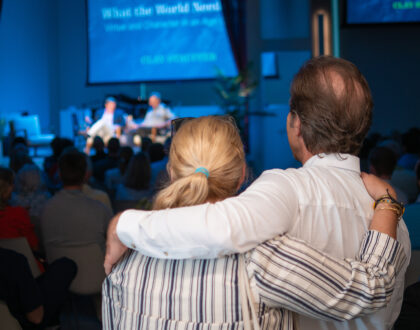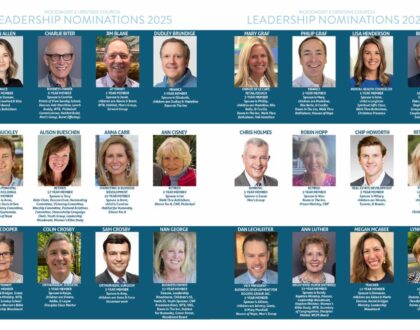Being Non-Anxious & Finding Peace

This Sunday, we will recognize and honor all fathers and grandfathers in worship and have our congregational meeting at 10:40 AM in the sanctuary to vote on the proposed budget and leadership slate. Installation Sunday will be June 30.
We live in a very loud and busy world. Vast amounts of information are coming at us constantly thanks to our smartphones – emails, text messages, alerts, social media dings, and news updates. Our politics have become highly dysfunctional. People are out to smear each other and embarrass each other instead of working together to get things done. Cruelty rules the day. Liberals and conservatives speak different languages and don’t understand each other. We live in a culture where, for some reason, it’s good to be overly busy. It’s fashionable to take on more than you can actually accomplish. We run ourselves ragged. Summer is an ideal time to change that pace, to slow down, rest, and get better control over our schedules.
These various factors have clearly driven stress and anxiety to all-time highs. When it comes to our spiritual and emotional lives, what does it mean to be a “non-anxious presence” in a chaotic and stressful world? The term “non-anxious presence” goes back to a book written by a psychiatrist named Murray Bowen who was well trained in family systems theory. Bowen said that “anxiety” is basically a response to a threat, either real or imagined, and he says anxiety can either be acute or chronic. Anxiety is closely tied to desire and expectations. Acute anxiety is tied to a specific threat or situation. But chronic anxiety is much broader and it permeates our way of being. Bowen says that chronic anxiety is primarily tied to relationships and systems. So the emotional state of one person gets quickly transferred to another. This happens in marriages, families, businesses, friendships, churches, government, and any other system where people interact. As chronic anxiety has been on the rise in our culture, we are all affected by it.
Certain steps can be taken to improve our quality of life and mental well-being. First, we must recognize that high levels of anxiety are not good for our health and longevity. Excessive fear can become overwhelming and paralyzing. Second, we must practice what Edwin Friedman calls “self-differentiation” in the way we interact with others. Self-differentiation does not mean that we are indifferent or don’t care. It simply means that we refuse to allow the anxiety of others to be transferred to us. This is much easier said than done. Third, we must learn to manage and regulate our emotions. Emotional intelligence can be cultivated over time but it takes intentional practice. Fourth, we must learn to actively listen to others if we seek to understand. Most people in our culture listen only to react or respond. Many people are talking over each other. No one is listening. Active listening is the way we value other people and show empathy for their situation. The loneliness factor in our digital age is alarming. Many feel that nobody cares. Often, they are right. Fifth, we must learn to detach ourselves from primary sources of anxiety – news, phones, alerts, social media, and toxic relationships. Complete avoidance may not be possible but limiting our exposure to the things that keep us anxious can be productive and worthwhile.
Gandhi famously said, “Peace of mind is not the absence of conflict but the ability to cope with it.” Much of that skill boils down to the decisions that we make and the circumstances in which we place ourselves. Jesus said, “My peace I leave with you, my peace I give to you. I do not give to you as the world gives. Do not let your hearts be troubled and do not let them be afraid.” Very powerful words, but only if we take the proper steps to experience them.
Recommended Posts

Healing, Growth, & Renewal Over Time
May 30, 2025

Values for Our Graduates
May 20, 2025

Leading in the Church
May 16, 2025

